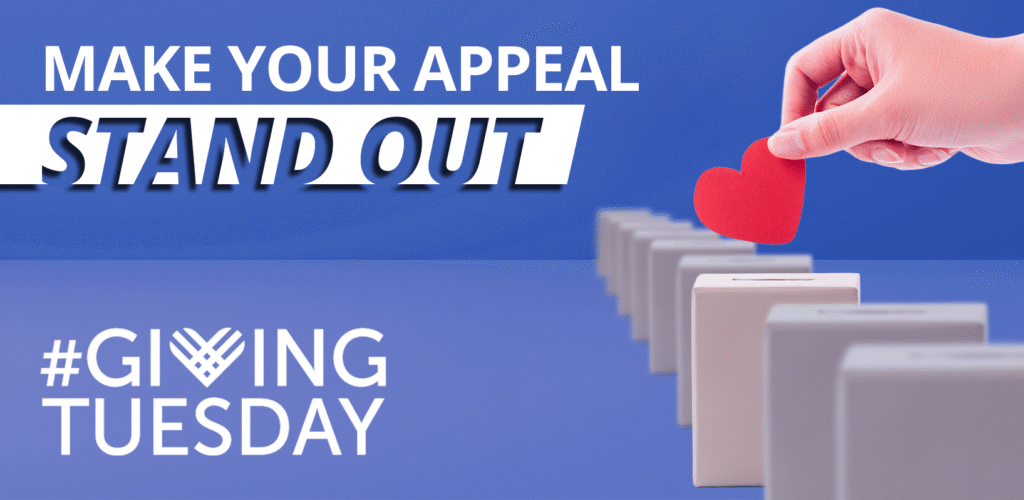
During this year’s Super Bowl, while there were plenty of stereotypical ads hawking a variety of products, there was also a noticeable undercurrent of advertisers acknowledging the deep divisions and anxieties currently existing in this country.
At Ceisler Media, we’re not interested in trying to sell you laundry detergent, light beer, or cars (even ones with Smaht Pahk) but as an issue advocacy firm, there were a number of ads that piqued our interest.
Three ads premised on current anxiety attacked it from different angles. Walmart took an earnest approach, focusing on inspirational images and viewing the U.S. from a hyper-localized angle in a spot called “United Towns.” Budweiser took a more ironic approach, with the narrator using phrases that would generally be considered negative over footage that portrayed the exact opposite. And Snickers took an absurdist approach, acknowledging that the world is messed up, and proposing that we heal the earth by literally feeding it a giant Snickers bar.
These ads all acknowledged politics as a way to sell products, a strategy that makes a lot of sense in the current climate.
There were several overtly political ads as well, with President Trump running one on his work on criminal justice reform that was clearly intended to allay concerns about his handling of racial issues. Michael Bloomberg’s ad focused on his gun control work in an attempt to make him more palatable to Democrats skeptical of his record as New York City mayor and his status as a billionaire. Jeff Bezos, who has had a long-running feud with the president over his ownership of the Washington Post, essentially subtweeted Trump in an ad for Alexa that included the phrase “fake news.”
Everyone who buys a Super Bowl ad is pushing a narrative – but perhaps the most interesting example of this from this year’s Super Bowl is the decisions made by the NFL itself. In recent years, it has become impossible for the NFL to “stick to sports,” as the line between entertainment and politics has become increasingly blurred.
The league has had to deal with fallout from new research into the effects of concussions by implementing a new concussion protocol, increasing penalties for helmet-to-helmet hits, investing in helmet technology research and relentlessly promoting its focus on player safety. This is an existential issue for the NFL, because its business is threatened if parents stop allowing their kids to play football over safety concerns, or more people stop watching out of ethical concerns for player safety.
These concerns were evident in the ad that the league ran right before the game. It featured a young man running with a football over, around and through a series of obstacles while being cheered on by a litany of current and former NFL greats. In a particularly clever twist, the end of the commercial flowed seamlessly into the live broadcast, and the kid from the commercial led a group of others onto the field to present the official game ball to the refs. The NFL is celebrating its 100th anniversary, and the ad closed with the phrase, “Here’s to the next 100.” Although it never referenced concussions or player safety, these issues were the clear subtext to the spot.
The political fallout over the league’s handling of Colin Kaepernick’s decision to kneel during the National Anthem to call attention to police violence toward people of color also loomed large over the evening’s events. The NFL rejected an ad from PETA referencing Kaepernick’s protest by depicting various animated animals kneeling as the Star Spangled Banner played. But several ads that did pass muster with the league referenced the Kaepernick situation, at least obliquely.
One ad was placed by The Players Coalition, an organization the NFL created to address the Kaepernick controversy by providing opportunities for players to engage with social justice issues that were important to them. In the midst of their Super Bowl-winning season in 2017, current Eagle (and Players Coalition co-founder) Malcom Jenkins, along with former Eagles Chris Long and Torrey Smith came to Harrisburg to lobby for a piece of criminal justice reform legislation in an early example of the Players Coalition’s work.
The Coalition’s ad, which was paid for by the league, focused on the story of co-founder Anquan Boldin, who became an activist after his cousin was killed by a police officer. The ad explicitly addressed the issue at the root of Kaepernick’s protest, while trying to soften that focus slightly by noting that the officer who shot Boldin’s cousin was in plain clothes.
While the league spiked PETA’s Kaepernick-referencing ad, it did approve the Budweiser ad referenced above, which includes footage of a black man named Ken Nwadike from a protest in Charlotte in 2016 following an incident where police killed a man named Keith Lamont Scott. In the clip, Nwadike, wearing a “Free Hugs” t-shirt, embraces a police officer in full tactical gear. Given the level of scrutiny the league applies to its Super Bowl ads, it is impossible to believe NFL officials did not explicitly approve of, if not encourage, the inclusion of this clip.
A close read of these ads demonstrates the fine line that the league has to walk in its efforts to “protect the shield” in these turbulent times. It is an organization whose owners, coaches and executives are overwhelmingly white, while the people putting their bodies on the line and risking lifelong health consequences are predominantly black. In order for the NFL to have a “next 100,” it is going to have to continue navigating this complicated terrain for the foreseeable future. How it shakes out is anyone’s guess.
One thing is for certain though, the era of “sticking to sports” is over




